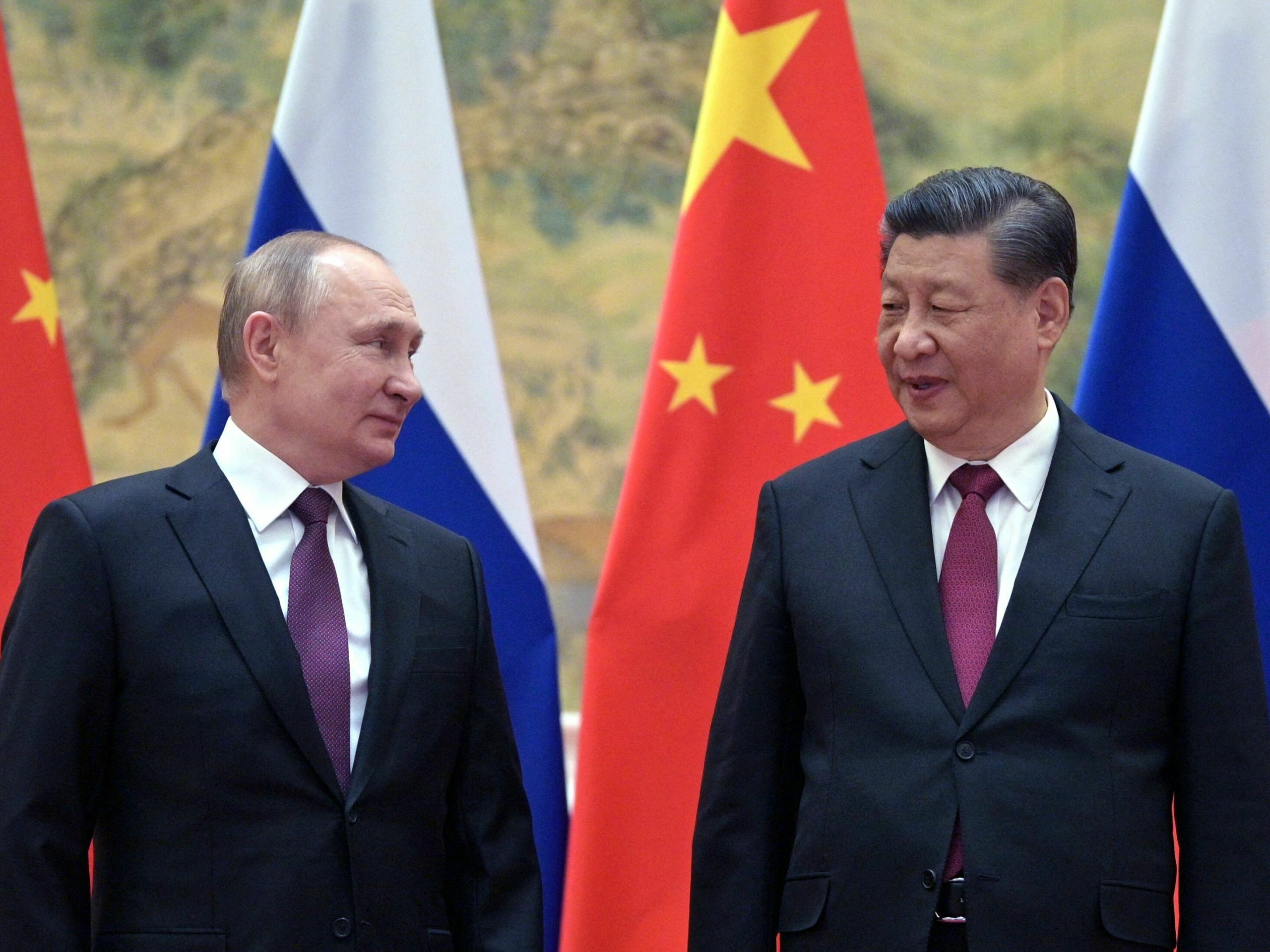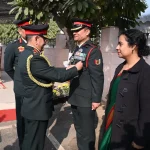The 17th BRICS Summit began in Brazil on Sunday with the notable absence of two of its most influential founding leaders—Chinese President Xi Jinping and Russian President Vladimir Putin. Their absence has prompted fresh questions about the evolving priorities and cohesion within the expanded BRICS bloc.
For Chinese President Xi Jinping, this marks the first time since taking office in 2012 that he has skipped a BRICS summit. Citing scheduling conflicts, China has sent Premier Li Qiang to represent the country in Rio de Janeiro. Analysts suggest the absence may also reflect Beijing’s shifting focus amid pressing domestic challenges, including a slowing economy and intensifying trade tensions with the United States. Some observers view Xi’s decision as a missed opportunity for China to reinforce its role as a leader of the Global South and a counterweight to Western influence.
Meanwhile, Russian President Vladimir Putin is participating virtually, a decision shaped by the International Criminal Court’s arrest warrant issued against him over alleged war crimes in Ukraine. As Brazil is a signatory to the Rome Statute, a physical appearance by Putin would have placed the host nation in a diplomatic bind. His virtual presence continues the precedent set during the previous summit in South Africa.
The absence of both Xi and Putin comes at a time when BRICS is undergoing significant transformation. Since its expansion in 2024 to include Egypt, Ethiopia, Iran, the UAE, and Indonesia, the bloc has become more diverse but also more ideologically fragmented. Experts believe this broader membership has diluted the original vision of BRICS as a unified counterbalance to Western-dominated institutions.
Brazil, under President Luiz Inácio Lula da Silva, is steering this year’s summit away from contentious geopolitical issues. The focus has shifted toward global governance reforms, equitable trade practices, vaccine cooperation, and green energy transitions. Brazilian officials have expressed a desire to avoid polarising debates over the wars in Ukraine and Gaza, seeking instead to highlight pragmatic global cooperation.
As the summit progresses, the absence of two core leaders is being closely watched as a potential sign of BRICS’ shifting internal dynamics and its uncertain path ahead.













